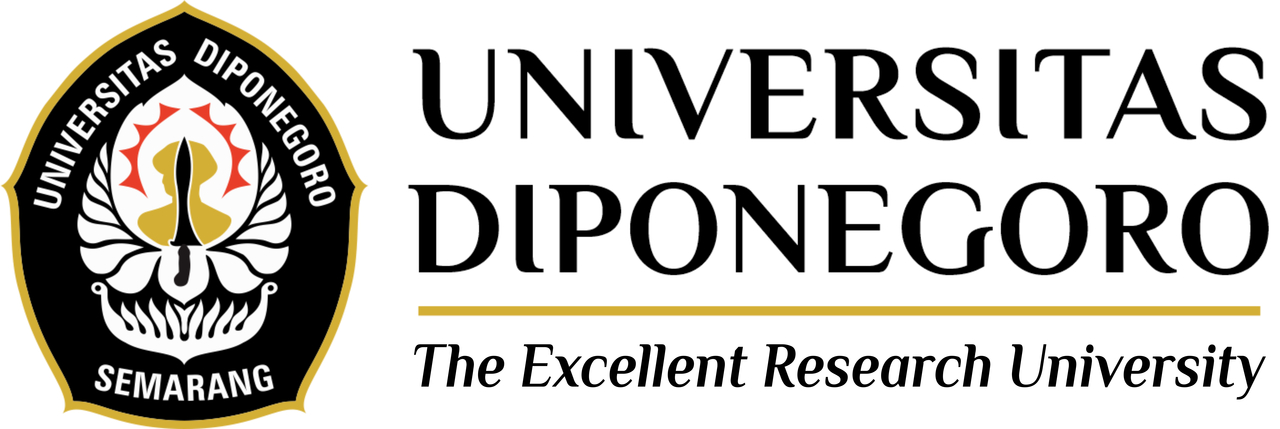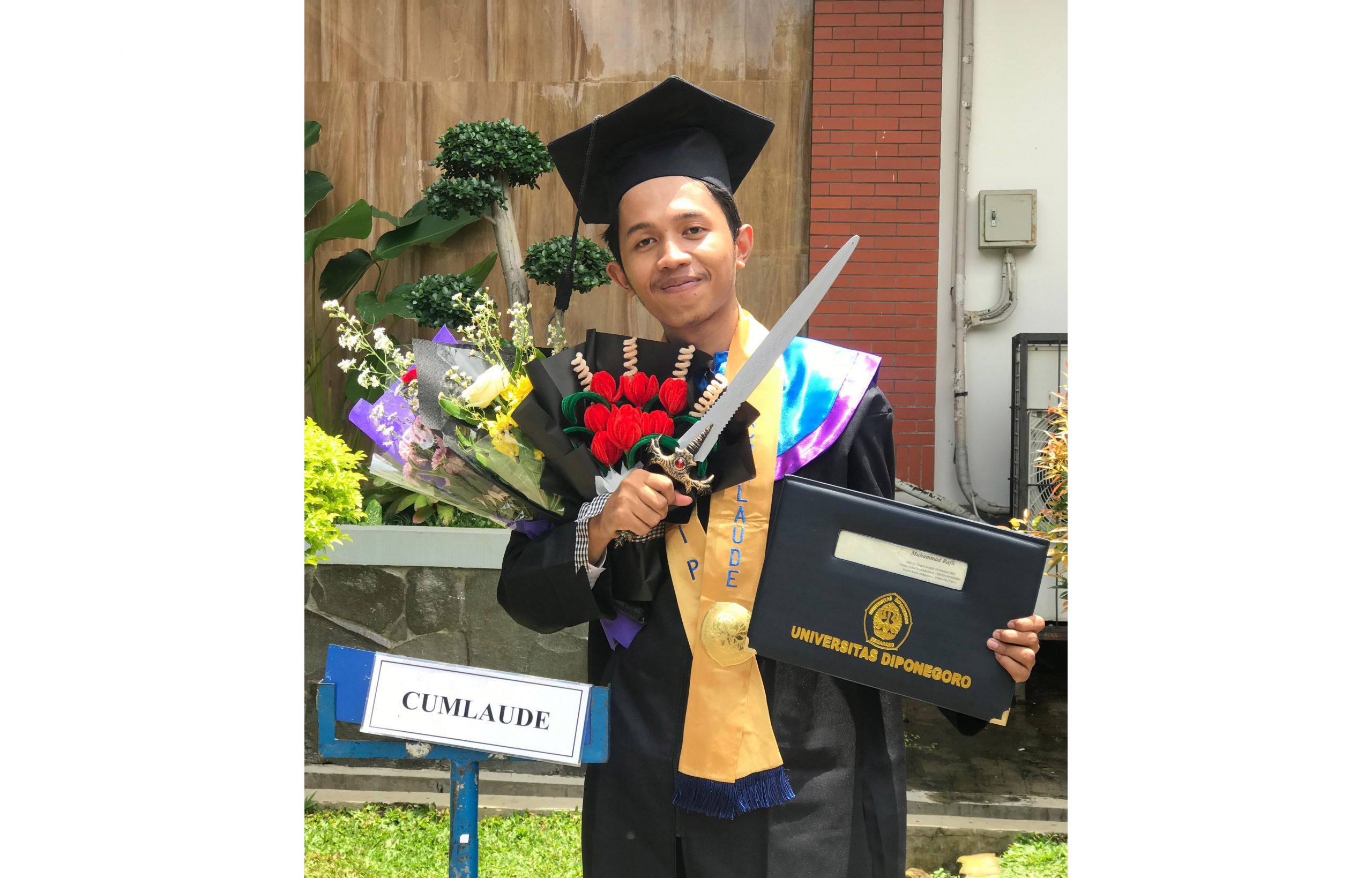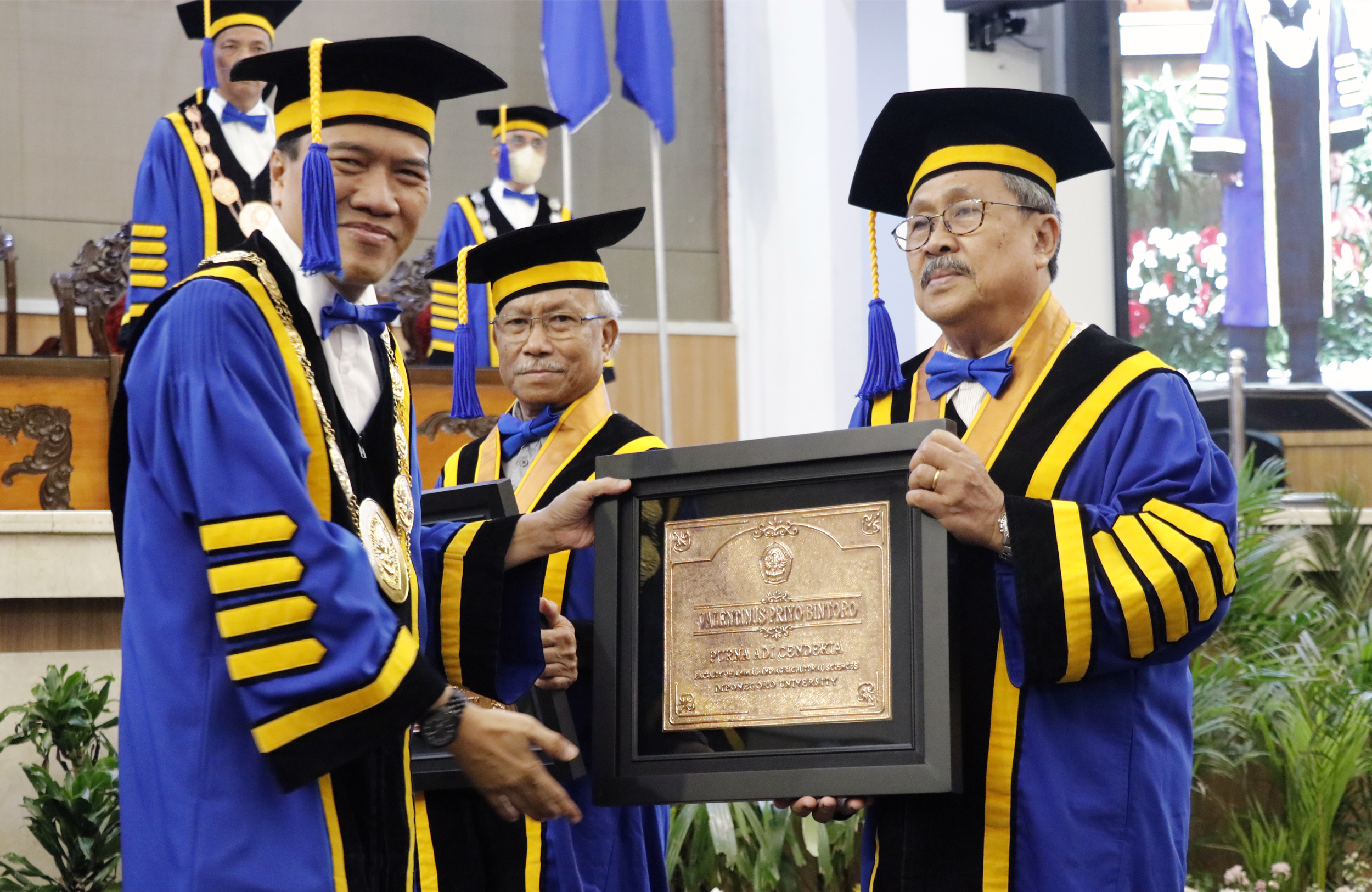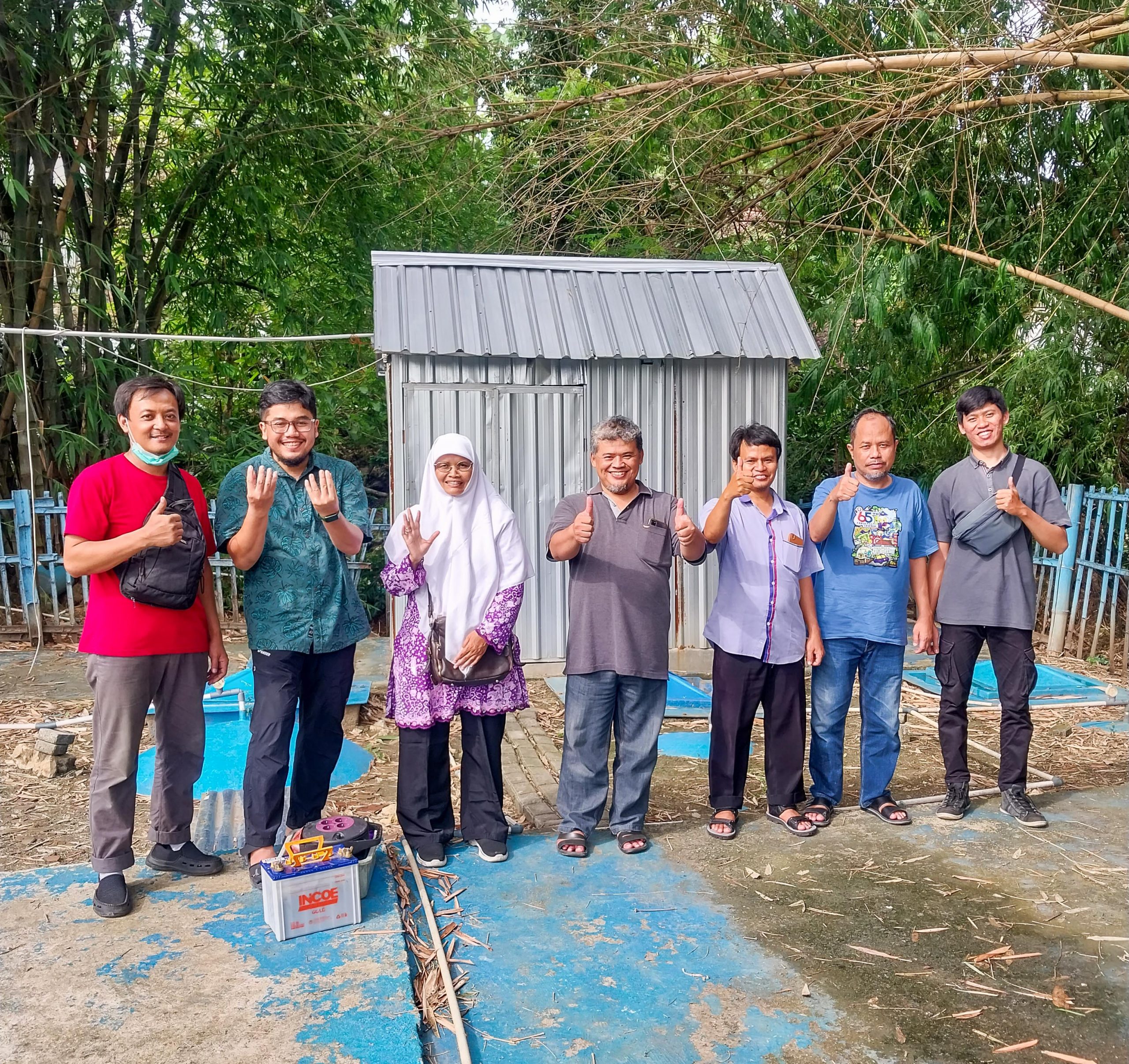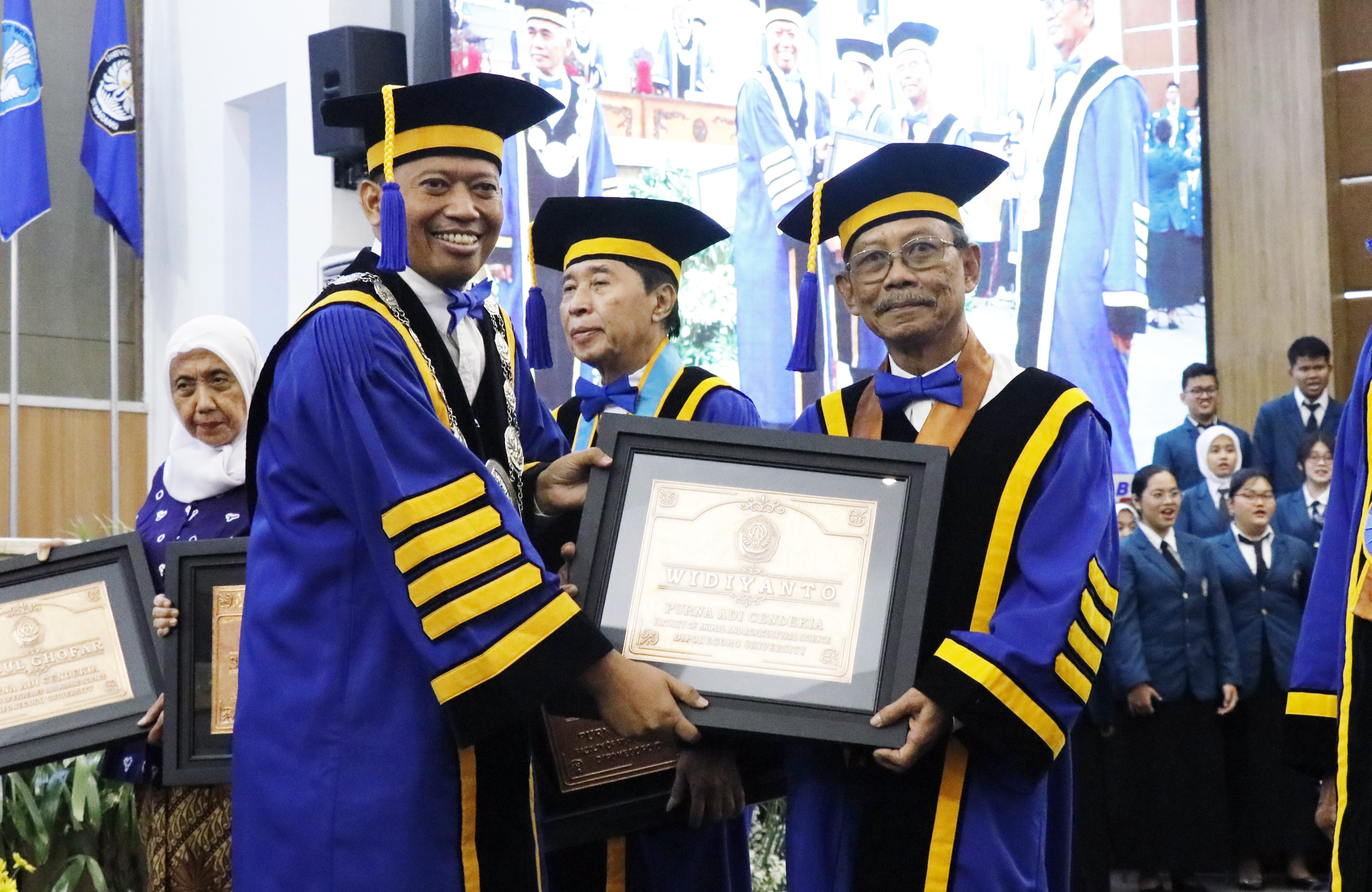SEMARANG – Special Staff of the Indonesian Vice President Prof. Mohammad Nasir reminded universities in this country to immediately develop proper E-Learning (electronic learning). Meanwhile, the learning process during this pandemic, Undip combined online and offline practicum.
Prof. Nasir said, E-learning is not only moving the learning process from face-to-face in the classroom to online learning, but it also use the Learning Management System / LMS (learning management system).
This is to realize learning in a quality network both in the pandemic and in the future. Some countries have used this system to organize E-Learning, long before the covid-19 pandemic hit the world.
“The correct E-Learning / LMS will provide full interaction between fellow students and lecturers both synchronously (direct) and asynchrobusly (scheduled communication),” what Nasir said in the 5th series of SDGs Webinars with the theme “Quality Online Learning Systems in the New Normal Era ” organized by the Diponegoro University Ranking Office on Monday (29/6).
He added that there is a fairly good software such as Brightspace, which has been widely used in Canada as well as Harvard University, in the United States. This software has reliable data storage using Amazon data storage services.
In facing the new normal, the world of education must prepare for the modernization of education by applying tools and placing the learning process of E-Learning in the right way, not just moving the way of face-to-face learning in the classroom into online learning.
“Many people assume, our new normal will return to our habits before the pandemic, even though we should be heading towards the modernization of the world of education, not just learning online but an actual E-Learning,” he said.
He added, with an integrated learning management system, education, interaction and evaluation can be done in one platform. The learning process can be carried out in all times and places.
“In other countries, E-Learning has used artificial intelligence to provide feedback for students. Lecturers can provide real-time evaluations and university may also analyze which lecturers whose performance needs to be improved and so on, ” he stressed.
Meanwhile, Undip Rector Prof. Yos Johan Utama, said the pandemic has made universities to be demanded to revamp very quickly, from offline or face-to-face learning to online, while on the other hand the learning process had to keep going.
In order to realize quality learning, Undip have conducted a combination of online and offline practicum. Because, the laboratory at Undip is not ready yet to implement artificial intelligence that can represent the presence of students in a practicum.
“So, we will do blanded offline and online in conducting practicum for students such as engineering and medical majors who still need to perform face to face contact in the lab. For practicum, health protocol must be followed, ” he said.
He acknowledged that there were many obstacles faced, such as the problem of human resources of the teaching staff, some of whom were not ready for this change, and on the other hand the uneven distribution of internet network means that not all students could have an access to it. Another problem that is no less important is the high cost of data plan.
“Within a week we are required to make a quick revamp, the constraints are inside the HR, some of our students are in remote areas, not all of them have the access of internet, the availability of gadgets to support learning and the high cost of data plan, are all an issue that is currently being faced,” the Rector said.
Meanwhile, the Open University Rector, Prof. Ozat Darojat, said that his party had implemented this online system since the students did the registration up to the implementation of the exam.
He explained the web-based online examination system (SUO) can be done anywhere as long as there was a network. In conducting the exam, students are supervised by a machine using face screening that can detect cheating.
“So, this face screening can detect cheating through student’s facial movements, and if it is not appropriate then the detection box will turn yellow which means there is a system incompatibility, or cheating occurs,” he said.
Meanwhile for students’ quality assurance, they not only use local quality control but also from outside parties such as the Asian Association of Open Universities (AAOU).
“By presenting external qualifications, we can evaluate whether our online learning is in accordance with the rules applied abroad to ensure the quality of our students,” he concluded.
